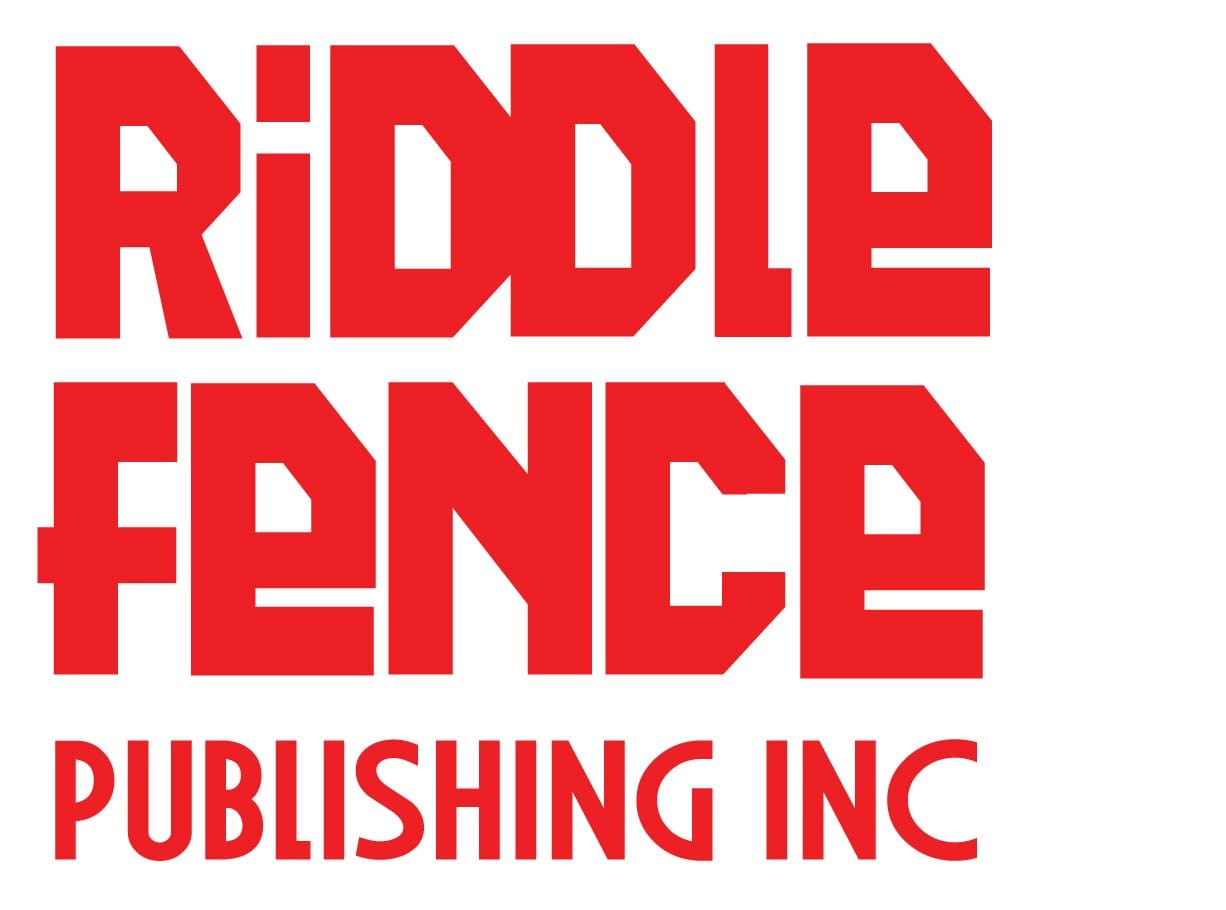
Review of Matthew Hollett’s Optic Nerve
Brick Books
Reviewed by Aley Waterman
In Optic Nerve, poet Matthew Hollett offers the act of looking an agential, blooming force. Indeed, it is possible to read the collection as a love letter to looking, where we can understand looking as both a moving action and a vehicle to perception. There is looking, and there are ways of seeing, and the two agents, Hollett reminds us, can have lives of their own. As forms, both photography and poetry find themselves balancing clarity and obfuscation. People often ask what is lost in terms of object and time when a photograph is explained through language. Hollett responds to this question laterally/playfully/recurrently, with poems whose topics range from pandemic anxiety to tongue shape capabilities (From “With Tongue”: “Mine won’t clover leaf or even / hot dog bun”). At its simplest, this collection is held together by an underlying theme of viewing, investigating photography and perception. At its most complicated, this work blows wide open the boundaries between sentient and non-sentient to reveal entire contextual universes: a rapid-fire montage of possibilities that shimmer at shutter-speed above the deeper questions that underlie many of these deft and searching poems.
By way of example, in “A Profusion of Handsome Japanese Papers,” a plastic portion of wrapper that holds many beautiful papers becomes a surrealist and prompting entity, asking the reader to imagine entire lived futures. “Pull here, / it should have said, to begin your career / as a lepidopterist, a pyrotechnician, a capital letter / in an illuminated manuscript” (Hollett 4). As with many witty, surprising turns Hollett takes in these poems, the second the reader imagines being ushered into the future by something as incidental as a piece of plastic, they are then asked to imagine becoming entirely other, first by way of profession, and then as letter on the page, a call to vibrant matter.
But the looking, here, is also, predictably, key. This collection is devised in three sections: “In Camera,” “In Negative,” and “In Print.” In these poems, spooked deer are “like whisked handkerchiefs” (“Suomi Snowball” 65), rotten potatoes are, among many things, “involuntary vodka” (“Ode on a Rotten Potato” 60), and “Seeing” is “Forgetting the Name of the Thing One Sees” (34). Even when these metaphorical moments veer into the abstract, they all reflect a keen and empathetic perspective, a speaker able to spin ontologies and jokes into spaces of perception. This extended perspective challenges the reader to question how they may have been hitherto looking at anything in their lives, from rotten vegetables to the close, ubiquitous power of prolonged interpersonal intimacy.
At first, I was a bit overwhelmed by the sheer magnitude of references and breadth of linguistic capability in this mammoth of a collection. Hollett’s references are specific, informed, and often exhaustive. He doesn’t approach these topics in a pretentious way, though, despite their occasional obscurity, and the payoff is high. The act of reading made me think about living in St. John’s, where many of his poems are set, and going blueberry picking. Countless times I’ve found myself up there with an empty salt beef bucket unable to spot a single berry. But then, the looking. Once you bend down, get a little closer, slow your glance through the bushy labyrinths and adjust your eyes to the ground, blueberries pop up by the hundreds. If you humble yourself to the act, you can easily fill a bucket. Reading Optic Nerve felt like that. To understand these poems, you have to look closely and for some duration, as they threaten to dance past you by way of musical prose and wordplay. If you lean in and look closer, you will surely be rewarded. The collection, then, playfully demands the same keen eye frequently described.
While our speakers offer such acute capacity to suggest mastery (of both language and looking), the final poem of the collection humbles itself to the reality that, despite a perhaps pathological attempt to capture the world by way of photography or note-keeping (something Hollett marks as part of his writing process, which helps support the tactile urgency of these poems), moments can never be fully captured. The final poem in the book, “Woodstove,” sets the speaker in a small cabin, a resting spot during a journey into nature. The final lines read: “Liked the lick of it / so I camped there all night, burning through / roll after roll, dreaming / of Lascaux. Nothing to show for it now / but cold, every frigging frame /overexposed” (Hollett 73). In Optic Nerve, curiosity facilitates mastery and then lands, often, somewhere humbling, a needed reminder that nerding out doesn’t merit sanctimony, and that loving has nothing to do with ownership. A powerful collection that is at once keen and whimsical, serious and playful, aware and inquisitive.
Aley Waterman is a writer of fiction, poetry, and music from and living in Newfoundland. Her first novel, Mudflowers, will be published by Dundurn in fall of 2023. She has had work appear in the Brooklyn Review, Bad Nudes, the Trampoline Hall podcast, Riddle Fence, and elsewhere.
